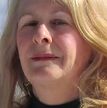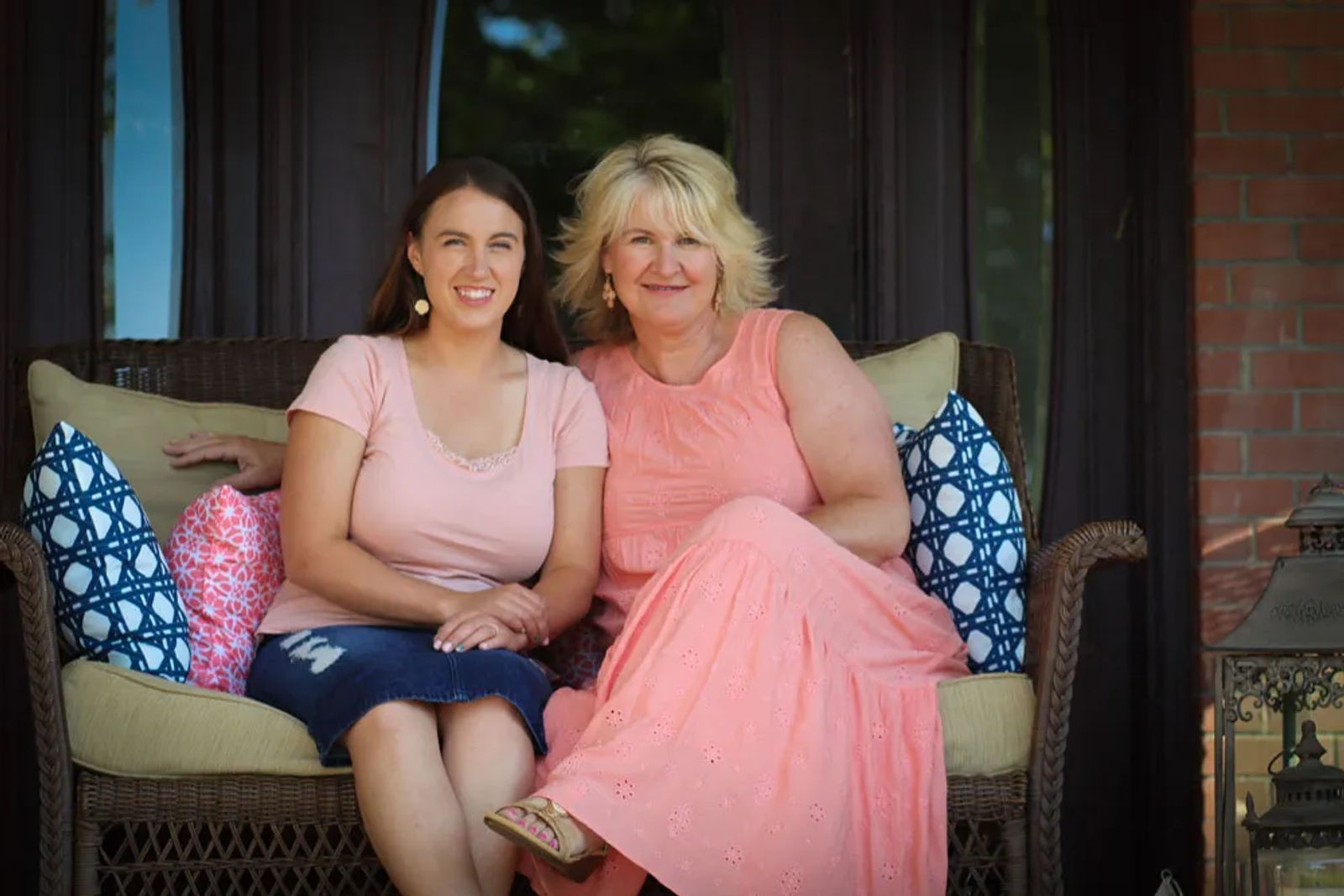
Honey Locust Farm
How raising sheep & creating yarn can be a stepping stone to greater good
For mother-daughter team Ali Starr of Joliet and Megan Kerr of Boyd, their Honey Locust Farm business of selling beautiful skeins of Montana grown Merino wool yarn is about creating and nourishing relationships. And that begins, first and foremost, with the relationship they have with their boutique flock of Merino sheep.
“Sheep are very grounding,” Megan says, “and they can pick up on your attitudes and the emotions of others.”
Megan developed her love of sheep as a child when she raised them for a 4-H project. After marrying Jake Kerr, a sheep shearer, she became even more interested in the industry. She tried shearing, but learned that wasn’t her strength, and focused instead on wool classing (examining raw wool and judging the quality). While on a shearing trip with Jake, she purchased a group of pregnant Merino ewes and she and Ali started their flock. Watching them among the sheep, it’s clear they love their animals.
“A lot of people have sheep to support their yarn habit. We have yarn to support our sheep habit,” jokes Megan.
Once a year, Jake shears the sheep, with the wool coming off in one piece. Megan throws each piece onto a table to pull off the solid bits and judge the quality of the piece. The wool is then bagged and taken to Mountain Meadow Wool Mill in Buffalo, Wyoming, where it’s cleaned, processed and turned into yarn. It’s all hand-dyed, and Ali and Megan name each color.
“Color is always such a hallmark of whatever we’ve done creatively,” Ali says. “Color is life.”
To be reflective of the area, the green yarn is called Lodge Pole, red is named Red Lodge, pink is Apple Blossom, blue is Hyacinth, and grey is Granite Peak. Even the natural, non-dyed yarns are creatively named — Lily of the Valley for the lighter natural, and Edward for the natural black yarn.
“The yarns are all slightly nubby and variegated,” Ali says, “so you get that beautiful, natural look.” The label printed on kraft paper and adorned with their logo wraps around each skein of yarn before being wrapped in tissue paper stamped with “Thank Ewe.”
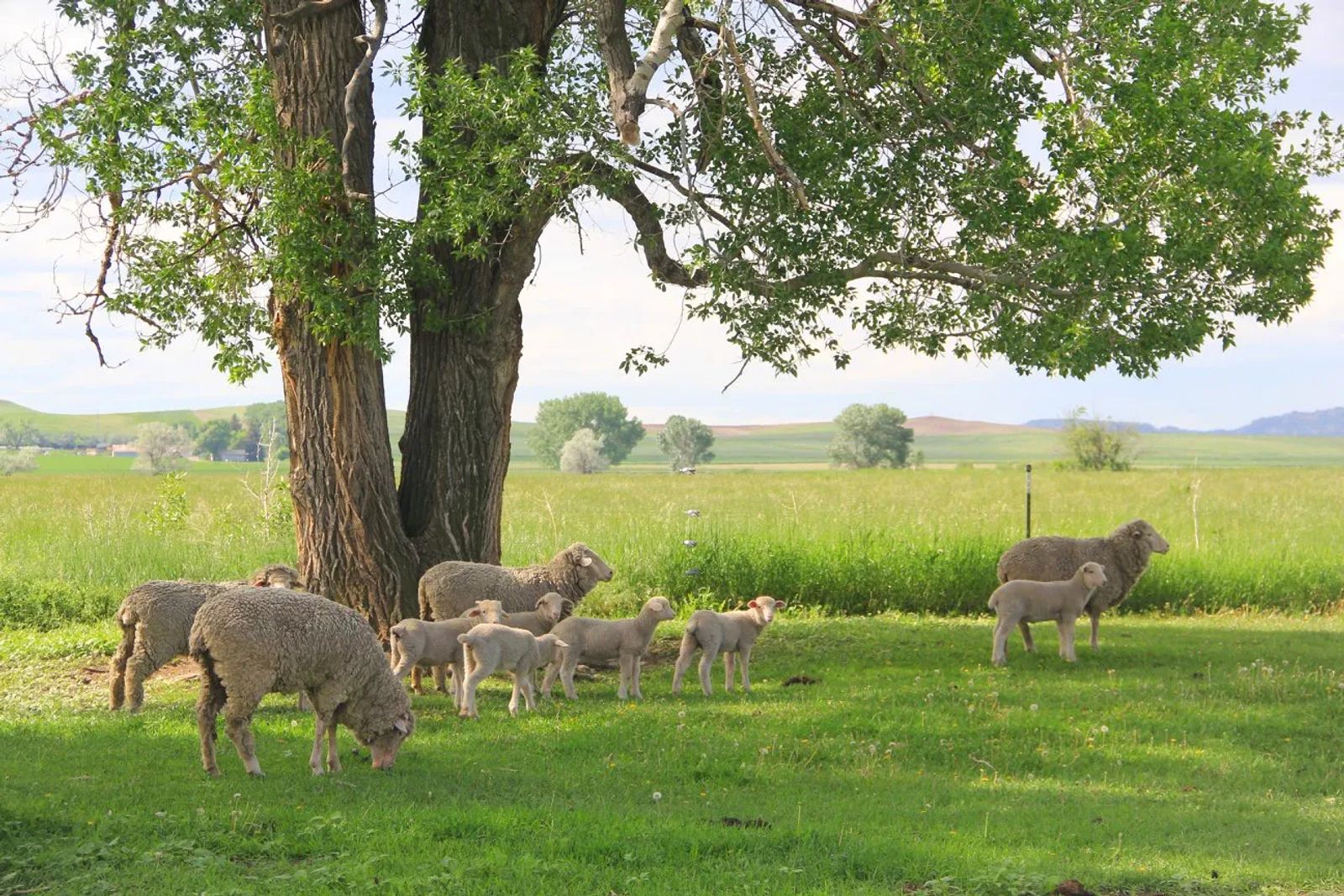
Under the shadow of a century-old honey locust tree on Ali’s historic family farm, you’ll often find their flock of 25. The area is adjacent to a lovely and sturdy farmhouse. Both women say that when working with the new mothers and their ewes it’s important to stay grounded and positive. Not that this pair needs to “work” at being positive. A radiant joy infuses their relationship, and its nurtured by a deep and abiding faith.
“It absolutely informs every aspect of decision-making for our lives,” Ali says. “To whom much is given, much is expected. We’ve been so blessed that we feel it’s an automatic reflex to help others.”
That philosophy has helped them grow wool to affect the lives of others as far away as Ethiopia. Since 2009, when Ali and her pediatrician husband, Brian, first traveled to the country on a medical mission, Ali has been pulled back there nine times. She’s met a group of women in a microfinance co-op, who combine their money and loan it out to help jumpstart businesses.
“It’s women empowering women,” says Ali. The businesses run the gamut from selling clothing to making items for tourists, to creating original clothing designs and running a mending business.
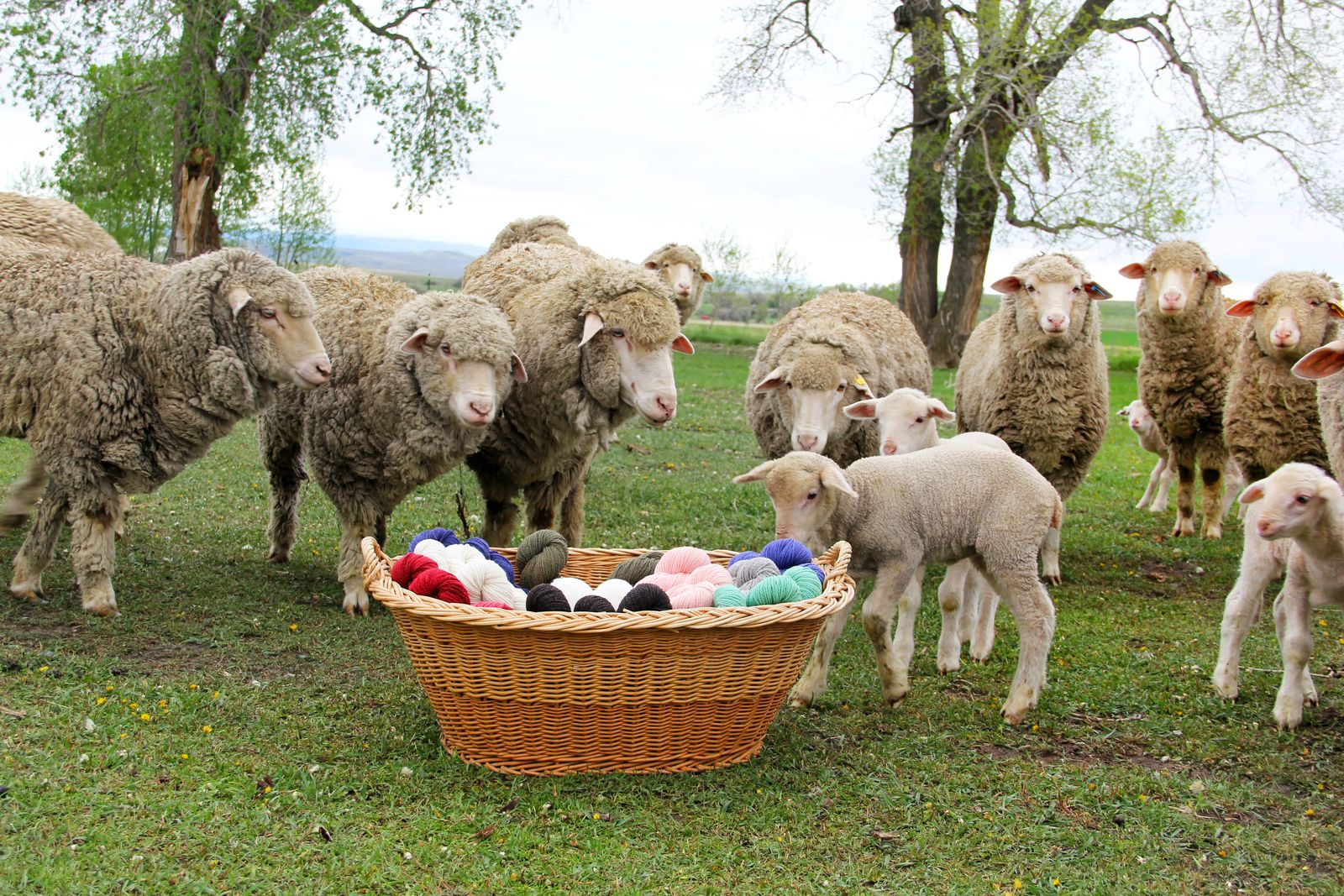
Eventually, the pair would love to start a knitting co-op to have Ethiopian women create items with Honey Locust yarn. Ali would then purchase the items and bring them back to the United States to sell. Last February, she took 60 skeins to Ethiopia, but with the pandemic, along with import/export complications, the venture is now simmering on the back burner.
“We only have so much time on this planet,” Ali says. “And we want to be able to make an impact in the most positive and uplifting way that we can.”
With Ali modeling this outlook, Megan and Jake have also made an impact by purchasing livestock for Ethiopian families, funding a group of men to start a shoe-making business, and sponsoring a child for schooling.
“School is free, but students are required to provide books, uniforms and supplies,” Megan says. “This is out of reach for most families.”
Both Ali and Megan see a larger purpose in creating yarn, and the two feel that caring for this herd of sheep brings them, their families and those they want to help closer together.
Between Ali’s four children (two from Ethiopia) and Megan’s son and two foster children, Ali says, “We live a fairly simple life and that’s by design.” She adds, “Brian and I came of age in the ’80s and there was such an expectation that we felt to be successful and to be go-getters and the perfect picture of success. We bought into that when we were younger, and then realized we just want a simple life. The irony is,” Ali pauses, “that we really found success in that simplicity.”
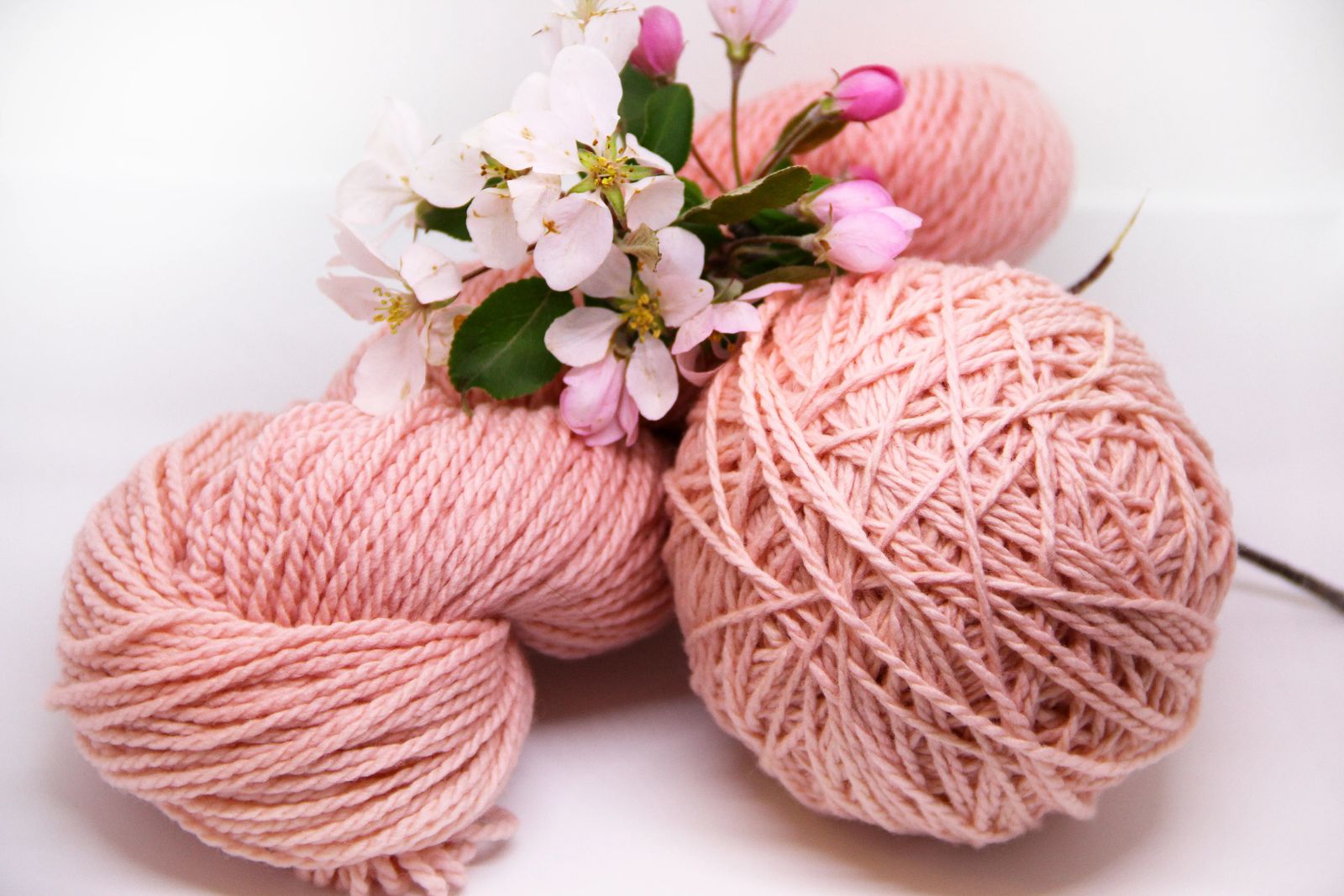
HONEY LOCUST YARN can be purchased through their website at thehoneylocustfarm.com, at the Yarn Bar in Billings and at the Montana Wool Growers Convention. For information on microfinancing, visit Hope Ranch International at hoperanchinternational.org.


